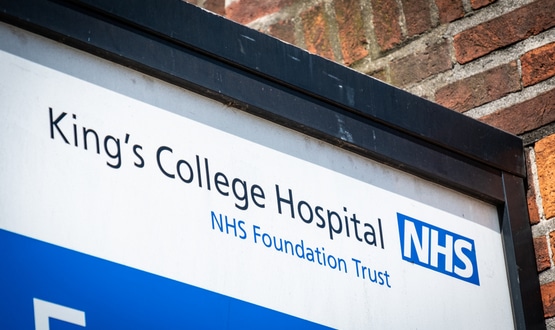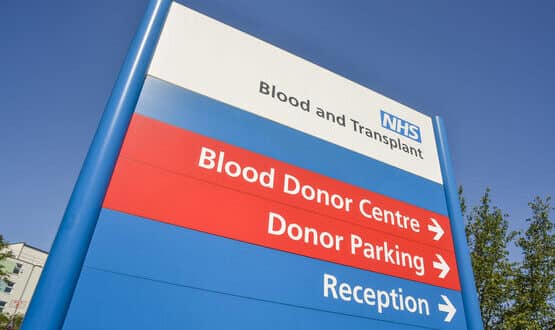Pathology IT crash in Leeds drags on
- 30 September 2016

Contingency plans will remain in place until mid-next week as a two week long pathology IT crash staggers on at one of the largest trusts in the country.
Leeds Teaching Hospitals NHS Trust is one of Europe’s largest teaching trusts, and has seen its pathology results being severely affected following a hardware failure on 16 September.
The trust confirmed to Digital Health News that sequential testing is being ramped up and that blood sciences services have been handed over for user acceptance testing.
Monday saw blood transfusion services running normally, and from Tuesday GPs were able to send in routine blood tests as normal.
On Thursday, a spokesperson for Leeds Teaching said, “we hope to be back to full clinical practice by the end of the week”. She added that contingency plans will remain in place until the middle of next week whilst user acceptance testing is completed.
Since the failure, 132 patient operations have been postponed, and until Tuesday GP practices were asked not to send in routine blood tests but instead to prioritise.
Leeds Teaching has a £1 billion budget and employs more than 16,000 staff for 780,000 people in the city, and provides specialist care for 5.4 million patients in the region.
An independent investigation will be undertaken to identify the root cause. The outage has affected Bradford Teaching Hospitals NHS Foundation Trust, GP services in Leeds and a small number of GP services in Bradford.
Bradford told Digital Health News that 19 procedures have been re-scheduled, and it was still working with local trusts to secure additional pathology capacity.
In a statement on 26 September, Suzanne Hinchliffe, chief nurse and deputy chief executive at Leeds, said “we have processed all known requests and there is now no backlog for both primary and secondary care”.
Hinchliffe also acknowledged the time taken to rectify the situation: “We recognise that it is taking a significant time to restore the IT system but this is a very complex issue.”
In a Care Quality Commission report into Leeds Teaching, published 27 September, while the overall rating was “good” there were concerns with the “under investment in the clinical IT systems”. The report found issues over servers, aging computers and laptops and internet access.
Leeds was due to deploy the Lorenzo electronic care record from CSC, as part of the National Programme for IT. However, delays meant it still runs a much older patient administration system from iSoft, the company that developed Lorenzo, and which CSC eventually had to buy.
The trust is using a Clinicom PAS, installed in 2001, according to the Digital Health Intelligence Database. Leeds also runs other iSoft/CSC systems, and the database says that for pathology it relies on CSC’s iLab. Local reports suggest it is using a version of the software known as iLab TP, or Telepath.
A spokeswoman for CSC said the company continues to make good progress with Leeds.
Leeds created an ambitious IT strategy in 2011, based around a clinical portal using open source code. The trust is also the centre of the Leeds Care Record, another open source project to create a shared care record for the city.
Read more:
Leeds still working to recover from pathology IT crash
Ongoing Pathology IT crash in Leeds
Leeds shared the way on shared records




